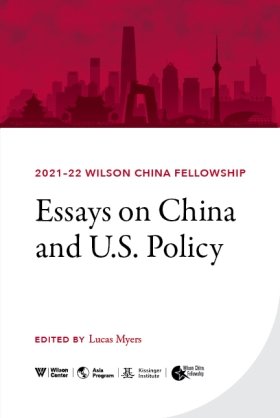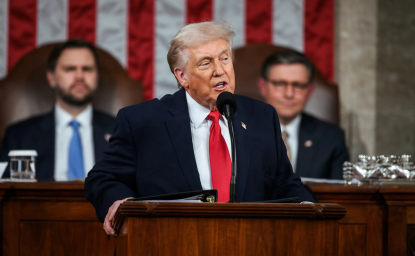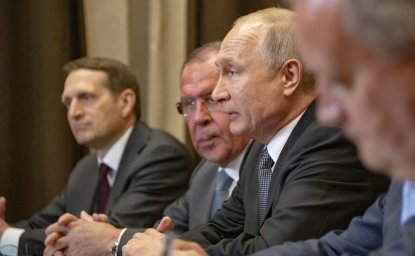China’s Outward Investments and Global Sustainability

Abstract
China’s outward investments are likely to have a substantial impact on global sustainability. Through capital, technology, and standards, China’s investments, including through the Belt and Road Initiative (BRI), have the potential to act as catalysts for sustainable, climate-conscious development—or to accelerate resource depletion, pollution, biodiversity loss, and carbon-intensive resource depletion. This policy paper draws from several pieces of research analyzing the political economy of China’s outward investments and consequent environmental impacts. Findings from these analyses cast doubt on the narrative that domestic overcapacity is the major driver of outward Chinese investment in coal-fired power; show that political favoritism in recipient countries exacerbates the environmental impacts, including deforestation, of China’s investments; and point to early evidence of a growing anti-China bias in energy infrastructure development among recipient country citizens. Together, these findings highlight the need for more nuance in policymaker models of BRI investments and their environmental impacts, with particular attention to the interaction between recipient country politics and China’s unique, state-capitalist political economy. These findings suggest that U.S. government agencies can best support sustainable, climate-conscious development by working to enhance institutional standards, bureaucratic capacity, and stakeholder engagement in recipient countries, so that they are able to channel investment financing toward needed development while reducing elite capture and mitigating environmental and climate impacts.
Implications and Key Takeaways
- Policymakers need to move beyond extreme typologies of the BRI and Beijing’s control.
- Greater attention needs to be paid to the interaction between host country politics and how China’s state capitalism channels capital.
- A public opinion backlash against China’s overseas investments and against coal-fired power suggest increasing awareness of environmental issues and increasing skepticism around Chinese investment.
- We may be at a global inflection point for greening energy infrastructure generally and China’s capital specifically, but potential pitfalls remain.
- U.S. government agencies—especially USAID, the EPA, the Department of Energy, and the State Department—should work creatively with host country governments to enhance standards and build capacity for maximizing the sustainability of BRI investments.
Author

Assistant Professor at Fordham University
Explore More
Browse Insights & Analysis
Wilson Center Fellows on the 2026 State of the Union Address


